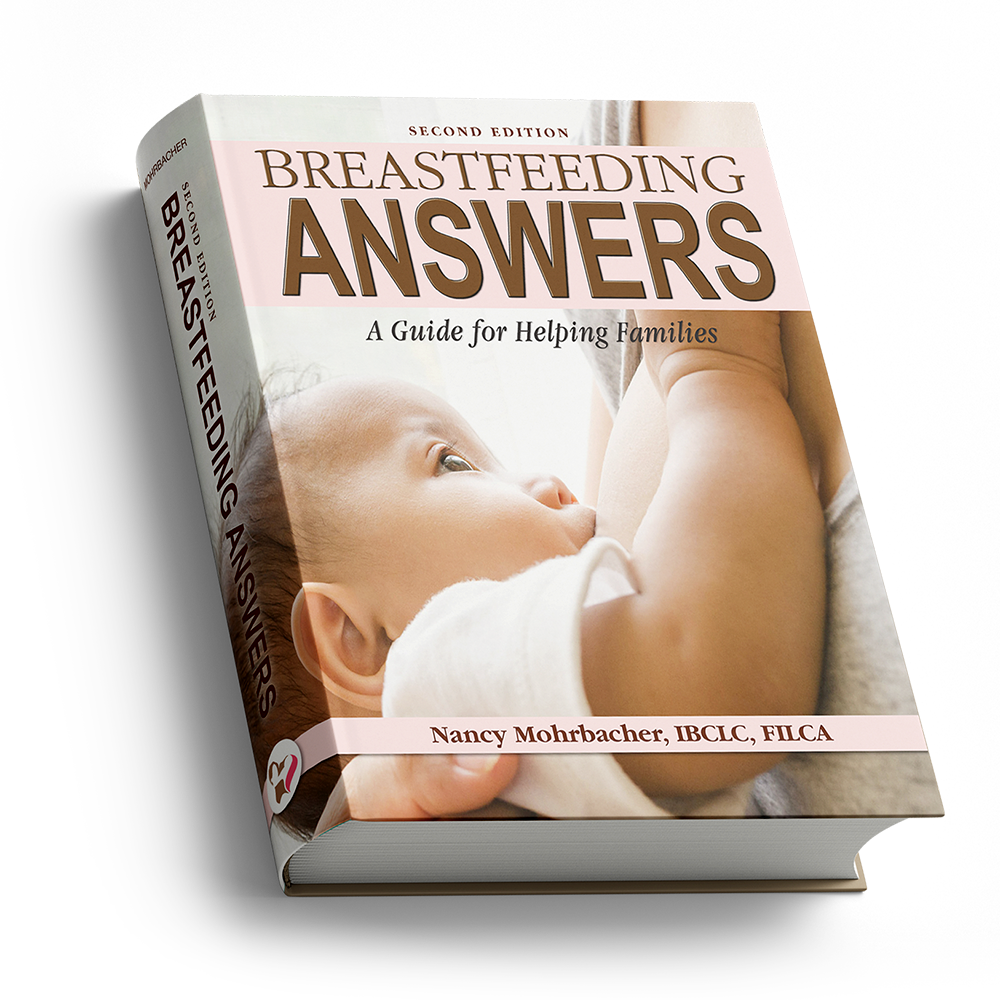More Mothers Helping Mothers
/If you agree that more U.S. mothers need access to free, ongoing breastfeeding support, you’re not alone. Researchers have found that with mother-to-mother support, more mothers breastfeed longer, and more exclusively and fewer have postpartum depression. Unfortunately, most breastfeeding mothers do not get the help and support they need. At birth, 75% of American women breastfeed, but by 6 months only 44% breastfeed at all, and this is down to only 24% at the recommended one year.
Enter Breastfeeding USA, a nonprofit organization whose purpose is to provide free, evidence-based help and support through its national network of volunteer accredited Breastfeeding Counselors. I joined its Board of Directors last October because I feel strongly that more mother-to-mother support is needed to help women meet their breastfeeding goals. Although Breastfeeding USA currently has Breastfeeding Counselors in only 20 states, it is the fastest growing breastfeeding organization in America, and my hope is that by this time next year, it will be active in all 50 states. As it grows, more mothers will find the ongoing breastfeeding support they need.
If—like me—you want to help expand this free network of mother-to-mother support, just click here. You’ll find a 3-minute video I created, which explains why breastfeeding is a key women’s health issue. If you decide to support this cause, U.S. donors can receive many cool perks, such as autographed books, 1-hour Skype sessions with me and—if you have twins, triplets, or more—Karen Gromada, lactation’s resident expert on breastfeeding multiples. For large donors, I’ve even offered two all-day conferences.
Why did I decide to help Breastfeeding USA grow? One reason is its online centralized education system, which ensures its Breastfeeding Counselors are well educated in best breastfeeding practices and counseling skills. With this preparation, they can provide consistent, evidence-based breastfeeding help that respects individual differences. And Breastfeeding USA uses only the most up-to-date resources.
I was also impressed by its flexibility. Breastfeeding USA gives its Breastfeeding Counselors the freedom to choose many ways of helping and supporting women locally, making support more accessible to more mothers. Based on the best fit for their community, they can offer breastfeeding drop-in centers, breastfeeding cafes, classes, regular meetings, online or phone help, home visits, and more.
And I appreciated its focus on breastfeeding alone, independent of parenting philosophy. Breastfeeding USA Counselors must be comfortable promoting evidence-based information (which means it may not be a good fit for those who strictly follow parenting programs based on the latest trend or one person’s opinion), but mothers of all persuasions can learn to help other mothers breastfeed, making it inclusive rather than exclusive. (For more on the philosophy of Breastfeeding USA, see its remarkable Statement on Breastfeeding.)
Appropriately, Breastfeeding USA has chosen as its theme for World Breastfeeding Week 2012: “Planning the Future of Mother-to-Mother Support.” I believe Breastfeeding USA will be an integral part of mother-to-mother support in the years to come. Please join me in supporting this campaign, which runs through August 16.




